Improve your digestion and increase your energy by building your Hydrochloric Acid naturally!
When beginning a detoxification program, often this requires that most people need to increase their vegetable content, so it is important to build up hydrochloric acid in the stomach.
Hydrochloric acid is used by the stomach to break down fibre and plant roughage. Over one’s lifetime, the eating of animal foods, demineralised foods and a few token vegetables- coupled with emotional stress, causes the body to lose its ability to produce adequate HCL. Protein- heavy animal products do not require HCL, as HCL is not used to break down heavy proteins. Rather, it is used to tear apart plant fibre and roughage as mentioned.
A lack of natural salts and vegetables in the diet and or eating high quantities of “complex carbohydrates and sugars (which flush mineral salts from the body) eventually causes the body to become deficient in chloride and, subsequently, in HCL. Just another reason in the endless list of reasons why grains are the bain of most people’s nutritional existence! Even eating only fruit for several months can have this effect.
HCL is one of the body’s first lines of defence – it destroys parasites, mould, harmful bacteria and viruses. HCL activates pepsin-the chief digestive enzyme in the stomach, which breaks down proteins, encourages the flow of bile and pancreatic enzymes; and facilitates absorption of nutrients, including folic acid, ascorbic acid, beta-carotene, plant-based iron, and some forms of calcium, magnesium, and zinc.
Because HCL is incapable of destroying proteins, enzymes such as pepsin are unaffected by the presence of HCL in the stomach. When HCL production is low, it affects the metabolism and causes incomplete digestion of food. This then leads on to malabsorption of the nutrients you are eating, lethargy and quite often reflux. The symptoms of reflux are wrongly diagnosed far too frequently as an excess in HCL rather than a deficiency, with a doctor then prescribing proton pump inhibitors- which reduces even further, what little HCL you have in the first place- only exacerbating the issue. Many people are on these proton pump inhibitors much longer than the recommended 6 months. A Nutritionist or Naturopath with recognise your symptoms as a lack of HCL and give you natural alternatives to rebalance your HCL.
Common symptoms associated with low hydrochloric acid effect a large portion of the population.
- Allergies
- Adrenal exhaustion
- Anaemia
- Bloating
- Brittle nails
- Candida
- Chronic fatigue syndrome
- constipation
- Dry skin
- Gall stone
- Gastro intestinal infections- for example ulcers
- Hypoglycaemia
- Inability to digest vegetables
- Mineral deficiency’s
- Lupus
- Osteoporosis
- Parasite
- Protruding belly
- Rheumatoid arthritis
- Vitiligo – loss of skin pigmentation
How to build more Hydrochloric Acid
The body builds HCL out of salts. Natural salts found in salty vegetables restore HCL. Heavy salts, such as table salt, may be usable when one is young, but as vital energy decreases with age, they become difficult for the body to use to create HCL.
Acidic foods can also help stimulate HCL production. Using Apple Cider Vinegar or lemon juice on salads, or in a quick shot every day will increase your HCL production. A shot of Ginger juice works also. Eating oranges or other citrus before , during or after a salad may be helpful for some people and also spices to increase HCL such a pepper or cayenne.
Beta Hydrochloride is an excellent supplement for increasing acids in the stomach to help break down food.
Juices to Build Hydrochloric Acid
- Celery Juice
- Spinach Juice
- Chard Juice
- Kale Juice
- Lemon Juice (before or with a salad)
- Raw apple cider vinegar (before or with a salad)
- Ginger juice
- Any vegetable juices that are rich in mineral salts (salty to the taste_
- Olives (not green)
- Celtic sea salt
- Grass powders
Dr Cabot’s bestselling book titled Raw Juices Can Save Your Life has a whole chapter dedicated to digestive juices.



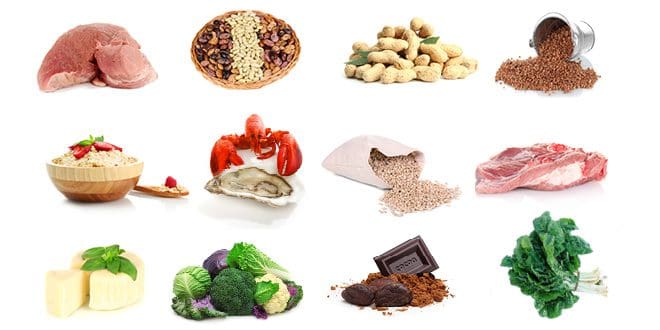
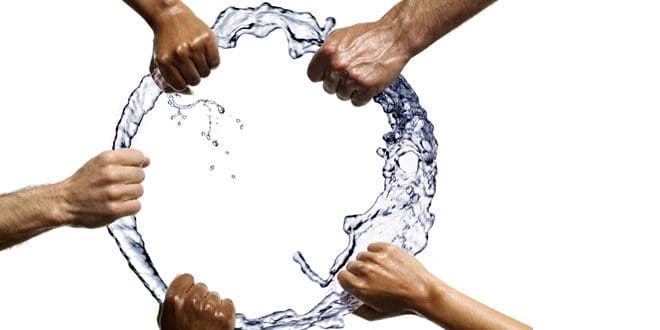
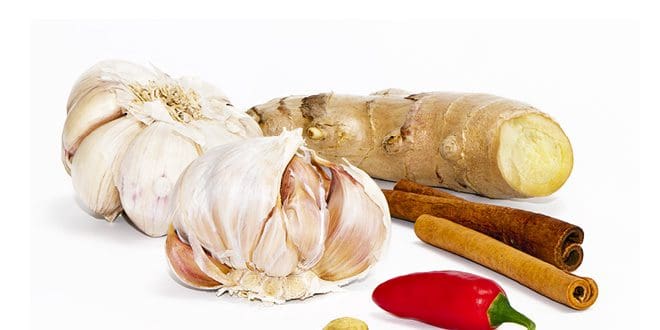
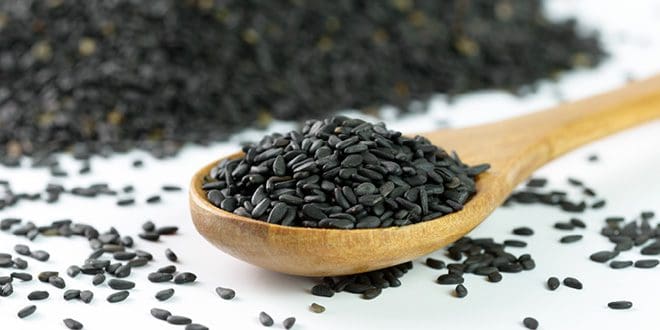
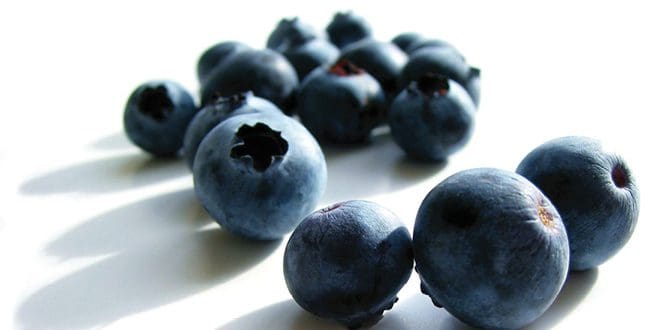
Leave A Comment